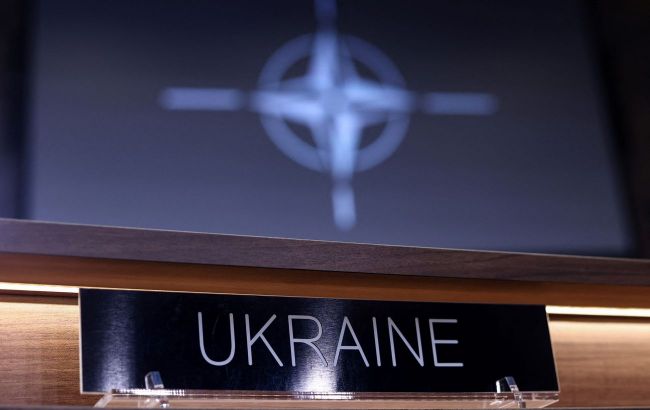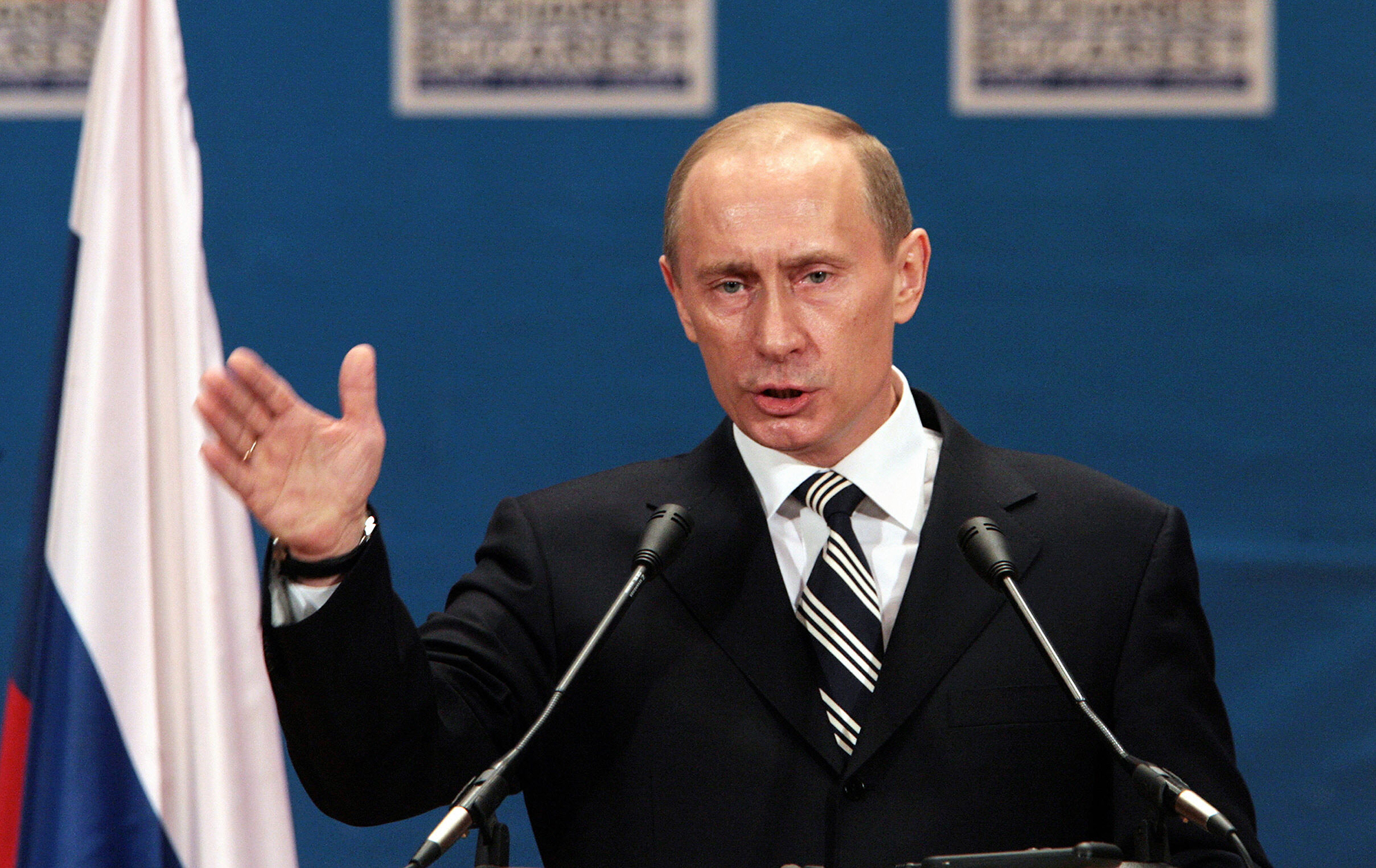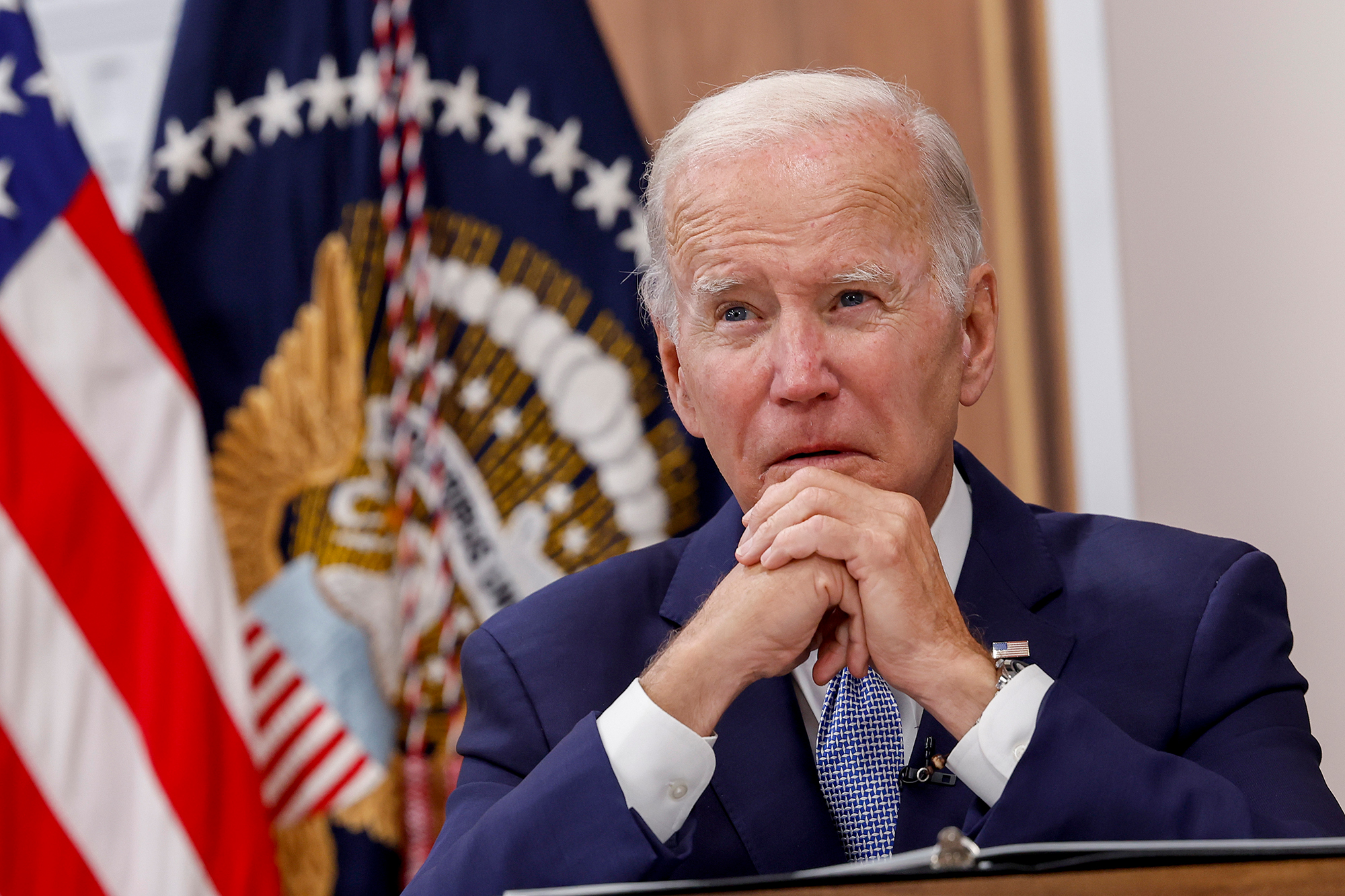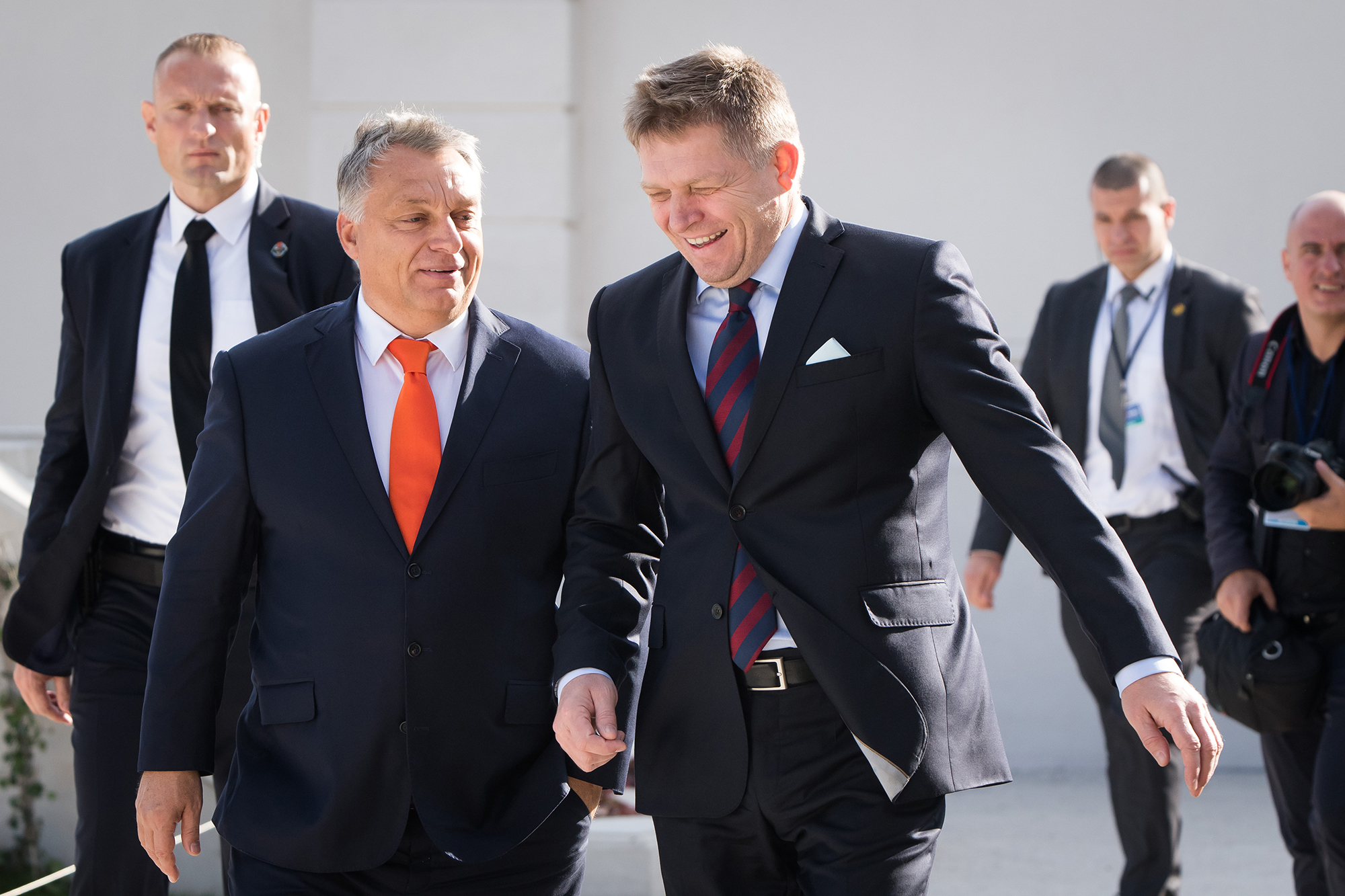Not only because of war: Why Ukraine is not accepted into NATO
 Photo: Why Ukraine has not yet become a NATO member (Getty Images)
Photo: Why Ukraine has not yet become a NATO member (Getty Images)
For many years, NATO has kept its "doors" open for Ukraine. At the summit in Washington in early July, Alliance leaders aimed to build a "bridge" to Ukrainian membership. However, neither the "doors" nor the "bridge" constitute an official invitation to join NATO, which Kyiv eagerly seeks.
Why Ukraine is still not a NATO member and what obstacles are in its way, read in the RBC-Ukraine article below.
Сontents
Russian factor
Ukraine's accession to NATO has been a "nightmare" for Russia since the collapse of the Soviet Union. Moscow has always considered Kyiv within its sphere of influence, and Ukraine joining NATO would shatter Russian imperial ambitions to revive the USSR.
As previously reported by RBC-Ukraine, the first Ukrainian leader to pursue NATO membership was Leonid Kuchma in 2002. He even received an equivalent of a Membership Action Plan (MAP). However, two years later, he shifted his focus towards Russia, alleviating Moscow's concerns. The rise to power of Viktor Yushchenko changed everything.
In 2005, Yushchenko declared Ukraine's intention to join NATO, and by 2008, he officially requested a MAP from the alliance. Moscow could not allow this and began creating obstacles on Ukraine's path.
Kyiv hoped to receive a MAP, which would serve as a roadmap to joining the alliance, at the Bucharest Summit in 2008. However, due to fears of Russia, neither Ukraine nor Georgia received a MAP.
Germany and France were the main opponents of granting Ukraine the MAP. Then, German Chancellor Angela Merkel explained her position by stating that only a third of Ukrainians supported NATO membership (according to polls, in 2008, only 20% of citizens supported NATO membership, while 53.1% were against it).
However, the more significant factor influencing the alliance's decision was Russia. Russian President Vladimir Putin was invited to the Bucharest Summit to address NATO countries. In his speech, Putin hinted at territorial claims over Crimea and parts of Georgia and stated that Russians populated southern Ukraine. This speech led NATO leaders to reconsider granting Ukraine a MAP, as Condoleezza Rice, US Secretary of State from 2005 to 2009, recalled.
She said that on that day, they decided it couldn't be done, despite the fact that the US and President Bush were confident that it was time to give Ukraine a MAP.

In 2008, NATO was afraid of Russia and did not grant Ukraine the MAP (photo: Getty Images)
That same year, Russia initiated a war in Georgia, and six years later, it occupied Crimea and parts of the Donetsk and Luhansk regions. The full-scale Russian invasion of Ukraine has essentially blocked Kyiv's chances of NATO membership.
Today, a consensus within NATO is that Ukraine will join the alliance only after the war ends. The reason for this is Article 5 of the NATO Charter, which states that an armed attack against one member is considered an attack against all. Granting Ukraine the ability to invoke this article could drag NATO into a direct war with Russia. And Kyiv understands this.
"We will join NATO only when we win. I don't believe we will be accepted into NATO during the war. For some NATO members, it's a risk; for others, there's simply skepticism about it," said Ukrainian President Volodymyr Zelenskyy at the end of April.
However, Ukraine still wants to receive a political invitation to NATO, which guarantees future membership. Kyiv pushed for this at last year's summit in Vilnius and is actively promoting it ahead of the upcoming meeting in Washington.
Read more about Ukraine's expectations from the NATO summit in Washington and its potential outcomes in the article by RBC-Ukraine.
US position
In early April, the American newspaper The New York Times reported that the US and Germany are against inviting Ukraine to NATO now and do not even want to bring up this issue at the Washington Summit.
Deputy Prime Minister Olga Stefanishina confirmed this position. She noted that after this information became public, the US and Germany tried to draw attention to other skeptical NATO members, such as Hungary and Slovakia. However, she emphasized that the key positions are those of Washington and Berlin.
The position of Washington plays a very important role in NATO decision-making, as noted in a comment to RBC-Ukraine by Oleksandr Merezhko, head of the Verkhovna Rada Committee on Foreign Policy. "Why the United States? Because its 'nuclear umbrella' is the main security guarantee of NATO," he explained.

The United States does not support Ukraine's invitation to NATO in time of war (photo: Getty Images)
According to Merezhko, part of the American elite believes in the threat of nuclear escalation if Ukraine moves closer to NATO membership, and the current US President, Joe Biden, does not want a direct conflict between NATO and Russia.
"But the official version is different and sounds something like this: we need to maintain consensus within NATO, and since not all NATO allies agree with Ukraine's membership in NATO, we have to take this into account because unity within NATO is important for us," Merezhko explained the US position.
In addition, Biden believes that Ukraine is not yet ready for membership in the alliance today, as recently stated by the US mission to NATO. Washington has repeatedly said that Ukraine must meet the alliance's criteria for accession, which means reforms need to be carried out.
To understand what specific reforms are being discussed and to have a clear roadmap, Kyiv tried to obtain a NATO membership Action Plan (MAP). Ultimately, NATO agreed that Ukraine does not need to complete a MAP to become part of the alliance but emphasized that Kyiv must "meet the conditions." The specific conditions were not clarified.
The list of conditions for membership will likely be revisited at the Washington meeting, as US Secretary of State Antony Blinken stated that this year's conference would be focused on the "roadmap" for Ukraine's accession to NATO.
Lack of consensus
As mentioned above, there is no consensus in NATO today regarding Ukraine's membership. Any decisions of the alliance require the agreement of all 32 member countries.
The alliance has repeatedly assured Ukraine that its doors are open, but a number of bloc countries publicly oppose Kyiv's accession. For years, Hungary was the staunch opponent of Ukraine in NATO, and recently, Slovakia joined.
Budapest has been blocking meetings of the NATO-Ukraine Commission since 2017 until the alliance found a procedural mechanism to bypass Hungary's position. However, Hungarian Prime Minister Viktor Orbán continues to oppose Ukraine's membership in NATO, explaining that this would mean a threat of war with Russia for the alliance.
"We cannot do this. We cannot afford to have such a long border between Russia and Ukraine, which is part of NATO. It would mean an immediate war, a danger to all of us. Even for the United States," he said.

The Slovak Prime Minister and Orban's ally, Robert Fico, holds a similar position today. In April, he stated that Ukraine's membership in NATO would only benefit World War Three.
"Independent Ukraine is enough for us," said the Slovak Prime Minister, hoping for the restoration of "normal" relations with Moscow after the end of the war.
However, before the end of Russia's war against Ukraine, the position of Bratislava and Budapest may change (along with the heads of governments), but there is always the threat of other opponents of Ukraine's membership appearing among NATO member countries. Therefore, it will probably not be easy for Ukraine to achieve consensus, but, as Oleksander Merezhko has already noted, the decisive role will ultimately be played by the position of the United States.
"My point of view, which I openly express, is that if Ukraine became part of NATO tomorrow, which is realistic and depends only on the will of the United States, it would stop Russian aggression. Why? Because Putin is afraid of NATO, he has scared himself and would never attack it," said the head of the parliamentary committee.
While the war continues, there can be no talk of Ukraine joining NATO, but Kyiv has time to do everything in its power to meet the membership requirements so that even the most ardent skeptics will have no arguments against it.
More about how Ukraine has been moving towards NATO membership since gaining independence until today can be found in the material by RBC-Ukraine.
Sources: statements from Ukrainian, American, and European officials, a speech by Russian dictator Vladimir Putin at the NATO summit in 2008, and a comment from Oleksandr Merezhko, the head of the Verkhovna Rada committee on foreign policy.

